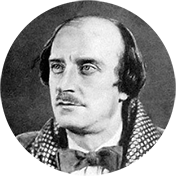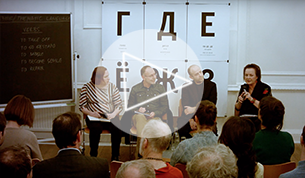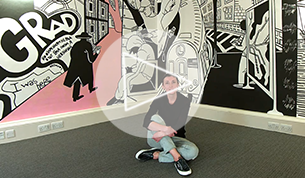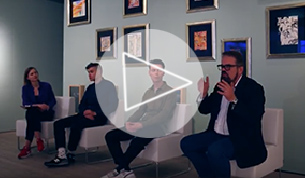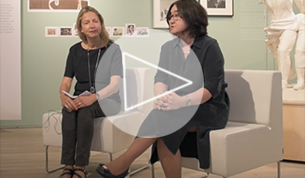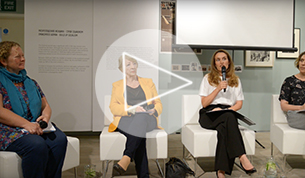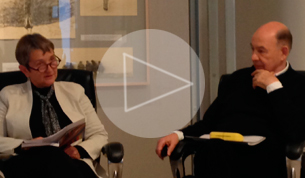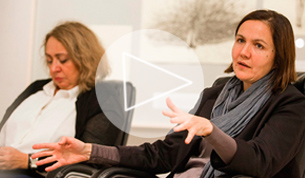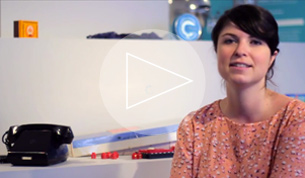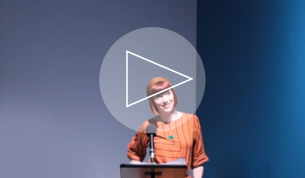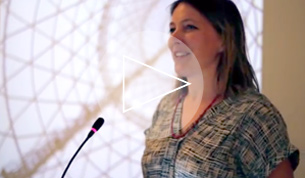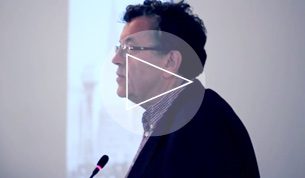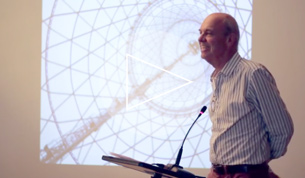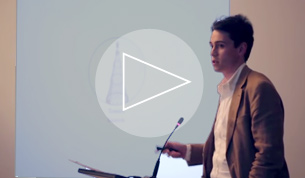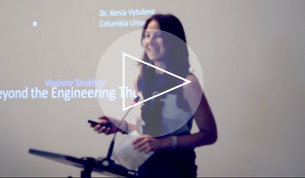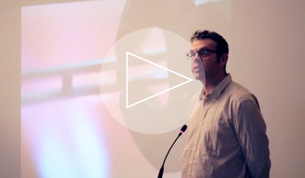Watch
Mother Tongue
Apparition of the Last Soviet Artist in London
ShadowMemory x Art Night Open
Postponed Futures
Superwoman: ‘Work, Build and Don’t Whine'
Unexpected Eisenstein
-
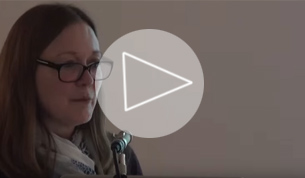 Rachel Morley:
Rachel Morley:
Russian Cinema before 1917 -
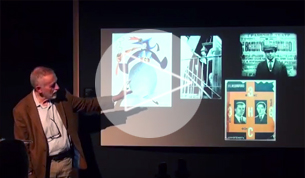 Ian Christie:
Ian Christie:
Besides Eisenstein: Protazanov, Barnet and the new Soviet cinema of the 1920s -
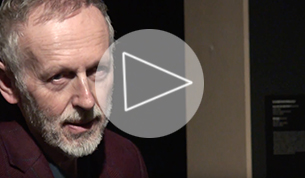 Ian Christie:
Ian Christie:
Maxim and co: creating the new heroes and heroines of the 1930s -
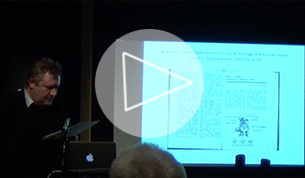 Phil Cavendish:
Phil Cavendish:
Soviet Colour Film, 1929-1945: An Experiment Understood by Very Few -
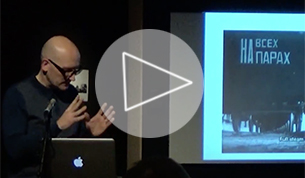 Jeremy Hicks:
Jeremy Hicks:
Meaningful Martyrdom — Death, Revolution and Victory from Lenin to the Reichstag, 1924–45 -
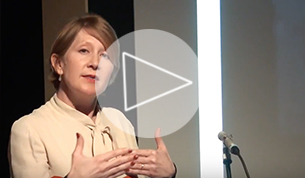 Emma Widdis:
Emma Widdis:
Film and the Making of the New Soviet Person: Bodies, Minds and Feelings -
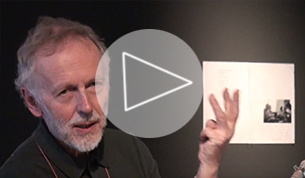 Ian Christie:
Ian Christie:
Hopes and fears: the Soviet New Wave of the 1960s -
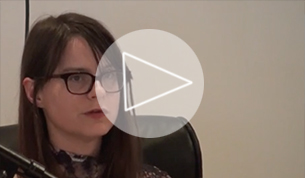 Carmen Gray:
Carmen Gray:
Andrei Tarkovsky: The Citizen Poet and the State -
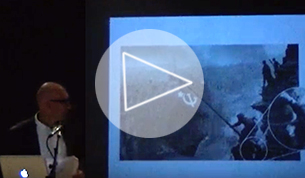 Jeremy Hicks:
Jeremy Hicks:
Reusing War Footage in Russian and Soviet Films, 1945–2015
Peripheral Visions
A Game in Hell. The Great War in Russia
-
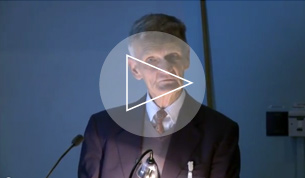 John E. Bowlt:
John E. Bowlt:
Introductory remarks -
 Elena Sudakova:
Elena Sudakova:
'Forgotten Heroes of the Great War' -
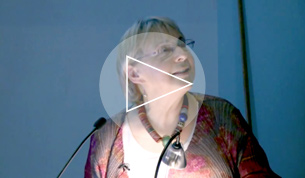 Christina Lodder:
Christina Lodder:
'A Painting Fit for Heroes: Kazimir Malevich's Reservist of the First Division' -
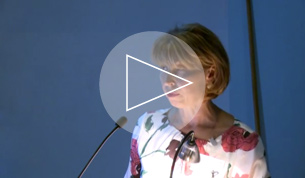 Natalia Budanova:
Natalia Budanova:
'Who Needs the Art Now?': Russian Women Artists Representing the Great War' -
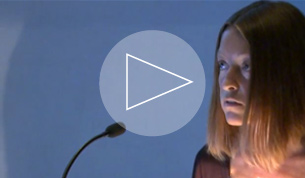 Valentina Parisi:
Valentina Parisi:
'Russian Avant-Garde Circles and the Literary Response to the Great War'
Work and Play Behind the Iron Curtain
The Shabolovka Tower Model
Kino/Film: Soviet Posters of the Silent Screen
-
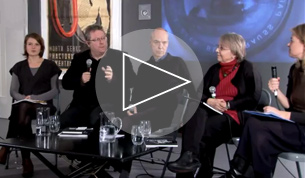 Curators and Special Guests:
Curators and Special Guests:
Panel Discussion with Exhibition -
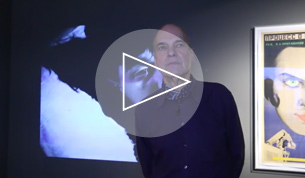 Lutz Becker:
Lutz Becker:
Curator talks: Chess Fever and The Three Million Case -
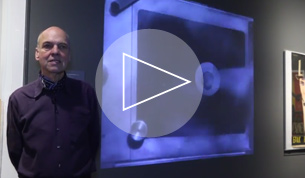 Lutz Becker:
Lutz Becker:
Curator talks: Man with a Movie Camera -
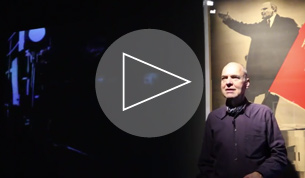 Lutz Becker:
Lutz Becker:
Curator talks: October -
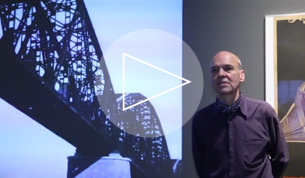 Lutz Becker:
Lutz Becker:
Curator talks: Storm Over Asia and Turksib -
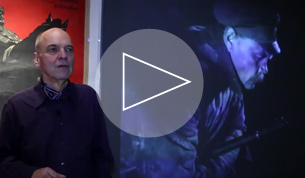 Lutz Becker:
Lutz Becker:
Curator talks: The End of St Petersburg -
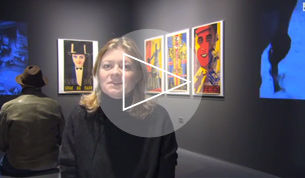 Elena Sudakova:
Elena Sudakova:
Soviet Posters of the Silent Screen
Utopia LTD
-
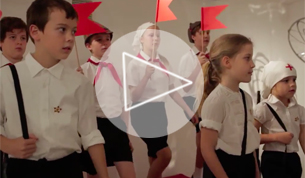 'Inside the Rainbow' Performance:
'Inside the Rainbow' Performance:
Directed by Irina Brown -
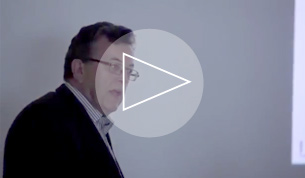 Professor John Milner:
Professor John Milner:
Seminar: 'Re-Constructivism' -
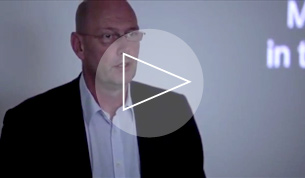 Willem Jan Renders:
Willem Jan Renders:
Seminar: 'After Lissitzky: Reconstructions at the Van Abbemuseum' -
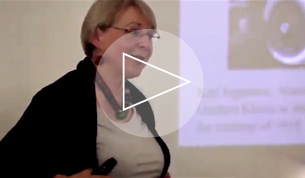 Christina Lodder:
Christina Lodder:
Seminar: 'Gustav Klucis: Transmitting Utopia' -
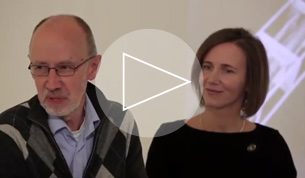 Aleksandr Shklyaruk:
Aleksandr Shklyaruk:
Seminar: 'Klucis and the Materialisation of a Futurist Idea' -
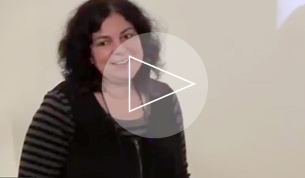 Dr. Maria Tsantsanoglou:
Dr. Maria Tsantsanoglou:
Seminar: 'Tatlin's Legend'
Listen
Superwoman: ‘Work, Build and Don’t Whine'
Unexpected Eisenstein
Bolt
A Game in Hell. The Great War in Russia
Read
Fedor Lopukhov
(1886-1973)
Fedor Lopukhov was born on 7 October 1886 in St. Petersburg. In 1895 he was accepted to the St. Petersburg Theatrical School. After graduating Lopukhov worked at the Mariinsky Theatre from 1905 to 1909 and in 1911, and at the Bolshoi Theater in 1909–10. From 1922 to 1930 he directed the ballet company of the Leningrad Theater of Opera and Ballet.
Seeking new means of expression, Lopukhov created a number of experimental dance works, which explored ideas set out in his seminal text The Ballet Master and His Art (1916). Published in 1925 the treatise outlined Lopukhov’s development of ‘symphonic’ choreography which dispensed with narrative in order to truly unite the mediums of dance and music.
His ideas were premiered in 1923 with the staging of Dance Symphony: The Majesty of the Universe, which interpreted Beethoven’s Fourth Symphony through choreography that would later be considered a landmark in the development of modern ballet, despite its mixed reception from contemporary critics. This was followed by the ballet The Red Storm by Deshevov (1924) on the Revolution; Night on Bare Mountain to music by Modest Mussorgsky (1924); and The Fox (1927). Lopukhov was influenced by the Constructivist movement and commissioned accordingly abstract sets for productions of Pulcinella and The Nutcracker in 1929. Productivist themes similarly influenced his choreography, inspiring Lopukhov to create dances with machine-like movements and mass formations. In the 1927 ballet Ice Maiden to accompany Grieg’s music, Lopukhov further developed the principles of nineteenth century academic ballet; he refurbished the classical dance and introduced acrobatic elements, making character dances more closely resemble the ethnic dances. In 1931 he staged the ballet The Bolt by Shostakovich, in which he devised the choreography and commissioned Tatiana Bruni and Georgii Korshikov to provide distinctly Constructivist set and costume designs. Between 1933 and 1936 Lopukhov was director of the ballet troupe of the Leningrad Malyi Theater of Opera.
By the 1930s Lopukhov’s brand of abstract experimentation through dance had become antagonistic in the face of new Socialist Realist doctrines that called for dramatic narratives and traditional forms of representation. The Bolt, with its Constructivist leanings and bold choreography was consequently branded a failure and Lopukhov was forced to resign from his position as director of the Mariinsky Ballet (then known as the Leningrad State Academic Ballet). Despite the furore caused by The Bolt he collaborated with Shostakovich again in 1935 for The Bright Stream, which was again heavily criticised for formalism, leading to another forced resignation, this time from his position at the Maly Opera House. A decade later he was reinstated as director of the Mariinsky Ballet - renamed the Kirov Ballet - and continued to teach and theorise the art of choreography. In 1937 Lopukhov organised courses for choreographers at the Leningrad Choreographic School, where he worked until 1941. Beginning in 1962 he was artistic director of the choreographic section of the stage directing department of the Leningrad Conservatory. Lopukhov died in Leningrad in 1973.
